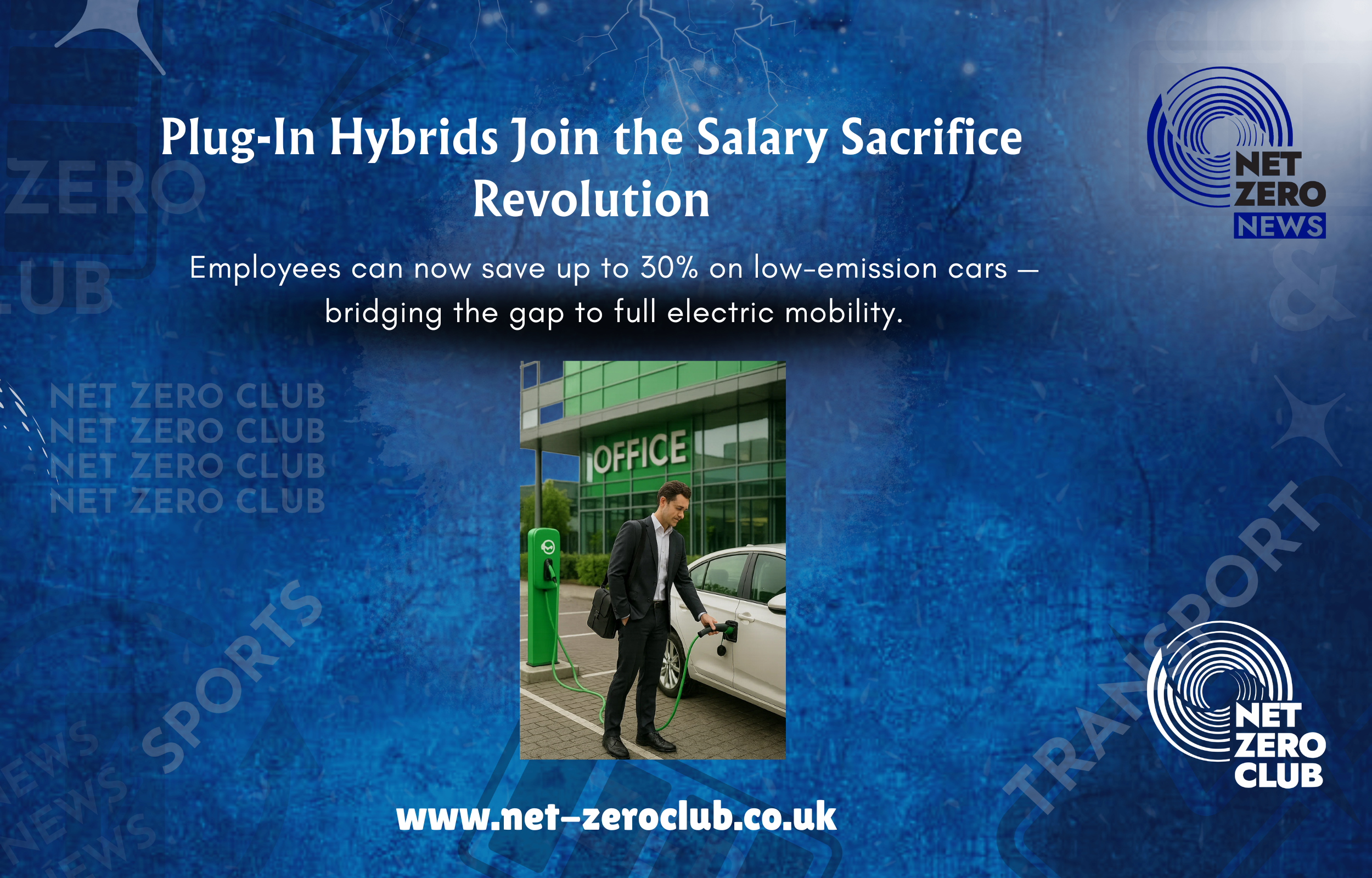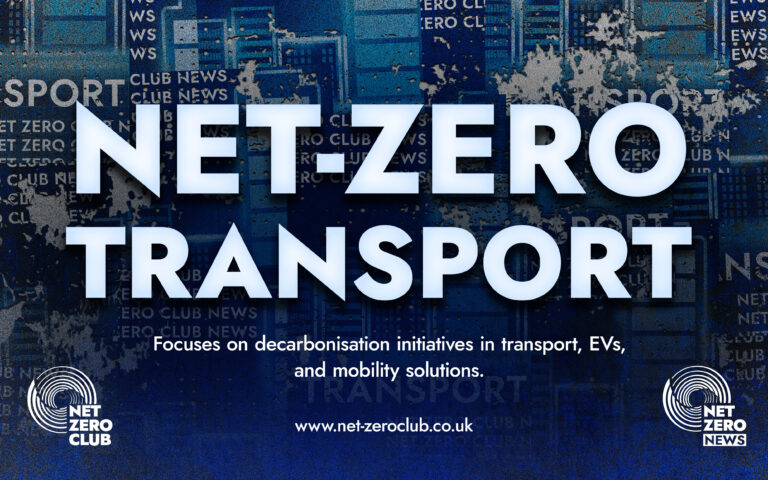Salary Sacrifice Scheme Expands with New Plug-In Hybrids

Welcome, Net Zero News readers,
In an exciting development for environmentally conscious employees, The Electric Car Scheme has announced the introduction of plug-in hybrid electric vehicles (PHEVs) as part of its innovative salary sacrifice programme. This initiative allows participating employees to save up to an impressive 30% on the cost of these environmentally friendly vehicles, making it an attractive option for both employers and employees alike.
The decision to expand the scheme comes in response to a significant demand from employers eager to enhance their net zero programmes through attractive employee benefits. Market testing conducted by The Electric Car Scheme revealed that a remarkable 89% of businesses expressed a desire for hybrid options to be included in the salary sacrifice programme. This inclusion aims to assist employees who may not yet be ready to transition to fully electric vehicles, thereby supporting a broader range of sustainable transport choices.
The results from a recent trial have exceeded expectations, demonstrating a strong appetite for PHEVs among employees. With over 65 plug-in hybrid models now available from 12 leading manufacturers, the choices are plentiful. Vehicles such as the Volkswagen Golf, available from £426 per month, and the MG HS from £387 per month join the ranks alongside premium brands like Mercedes-Benz with the GLA, Land Rover with the Discovery Sport, and Volvo’s XC60. All vehicles included in the scheme emit 74g/km of CO2 or less, which is a significant reduction compared to traditional combustion engine cars that average emissions of 106.8g/km.
This initiative mirrors The Electric Car Scheme’s established electric vehicle (EV) salary sacrifice programme, which has already garnered support from prominent employers, such as Holland & Barrett, JustEat, and Dreams. The streamlined administration and user-friendly approach of the programme ensure that HR and payroll teams can easily implement it without any hassle.
For employers, the programme is entirely risk-free, bearing no cost implications even if an employee departs the company. The payroll processes, compliance reporting, and annual Scope 3 emissions impact data remain consistent across both hybrid and fully electric vehicles. This means that PHEVs can contribute positively to a company’s Environmental, Social, and Governance (ESG) goals, making them an appealing addition to corporate sustainability strategies.
Thom Groot, co-founder and CEO of The Electric Car Scheme, stated, “Salary sacrifice has proved hugely successful for pure electric vehicles since 2020, and it still remains the most tax-efficient option. However, we’re now extending the same offer to plug-in hybrids so more employees can access this benefit.” He continued, “HR and employee benefits teams have informed us that hybrids work particularly well for employees with longer commutes or limited access to charging facilities. This is a benefit that people want and actively use, and it fosters staff loyalty. Employees can enjoy the same substantial savings through salary sacrifice, whether they choose hybrid or fully electric vehicles.”
This new initiative not only provides employees with more choices but also aligns perfectly with the growing trend towards sustainable transport. As more businesses commit to achieving net zero goals, offering PHEVs as part of employee benefits is a strategic move that can help bridge the gap for those who are not yet ready to adopt fully electric vehicles.
As we look to the future, it’s clear that the transition towards electric mobility is gaining momentum. The introduction of plug-in hybrids into salary sacrifice schemes is a significant step forward, offering both flexibility and sustainability. It’s an opportunity for employees to embrace greener alternatives while enjoying financial savings, thereby contributing to a more sustainable future for all.
In conclusion, The Electric Car Scheme’s decision to incorporate plug-in hybrid electric vehicles into its salary sacrifice programme is a testament to the growing demand for sustainable transport options. By responding to the needs of employees and employers alike, this initiative not only supports the transition to net zero but also fosters a culture of sustainability within the workplace. As we continue to champion the cause of electric mobility, let us remain committed to exploring new avenues that promote environmental responsibility, drive innovation, and ultimately lead us towards a greener future.
Stay tuned for more updates and insights on sustainable practices and innovations that shape our journey towards net zero.

 Got net-zero news, project updates, or product launches to share?
Got net-zero news, project updates, or product launches to share? 


